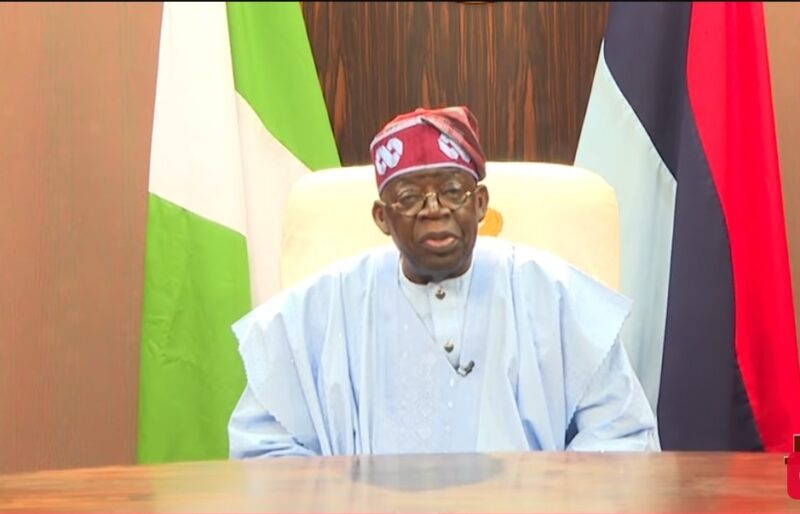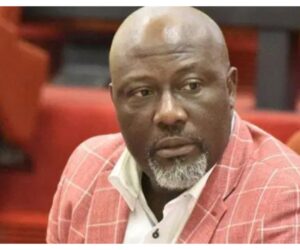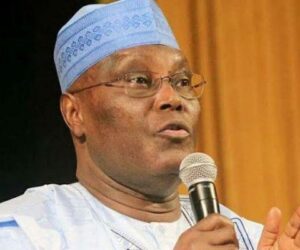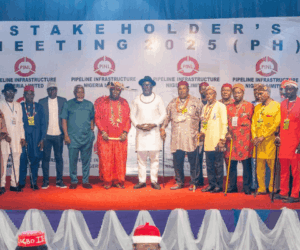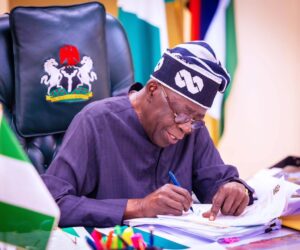President Bola Tinubu has put together a high-level presidential committee to address recent controversies surrounding the Museum of West African Art (MOWAA) in Benin City, Edo State.
The move follows the revocation of MOWAA’s certificate of occupancy (C-of-O) on Tuesday by Edo State Governor, Monday Okpebholo. The decision came amid growing public criticism and objections from Oba Ewuare II, the Oba of Benin, over the demolition of the Central Hospital in Benin City to make way for the museum.
Tensions escalated on Monday when protesters loyal to the palace disrupted a preview exhibition at the museum.
Read Also: FG to review private security law to address current threats
To resolve the dispute, Tinubu appointed a presidential committee chaired by Hannatu Musawa, minister of art, culture, tourism and creative economy.
Members of the committee include representatives from the federal ministry of art, culture, tourism and creative economy; the presidency; the National Council for Arts and Culture; the Edo State government; the palace of the Oba of Benin; the ministry of foreign affairs; the German and French embassies; the National Commission for Museums and Monuments; and MOWAA.
According to Chindaya Ahmadu, director of press at the ministry, the committee’s mandate is to conduct consultations, carry out fact-finding on all relevant issues, and propose actionable recommendations that balance Nigeria’s cultural interests with international partnerships and diplomatic considerations.
Musawa said the presidential intervention “demonstrates our unwavering dedication to preserving Nigeria’s cultural heritage through peaceful means and within established legal frameworks.”
She described cultural institutions as “pillars of our national identity” that must be protected through collaboration between traditional custodians and modern institutions.
The committee is expected to submit its findings and recommendations directly to the president for swift implementation.
“The federal government reaffirms that while the constitution guarantees certain fundamental freedoms, it equally demands responsibility in their exercise,” the ministry said in its statement. “Nigeria’s cultural spaces and artifacts represent our shared inheritance and therefore deserve special protection under both moral and legal statutes.”

